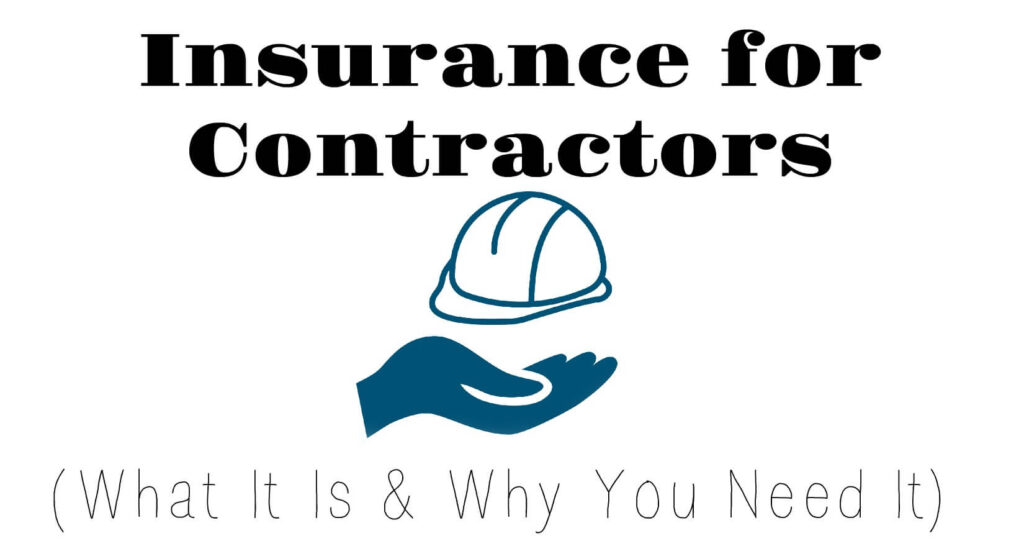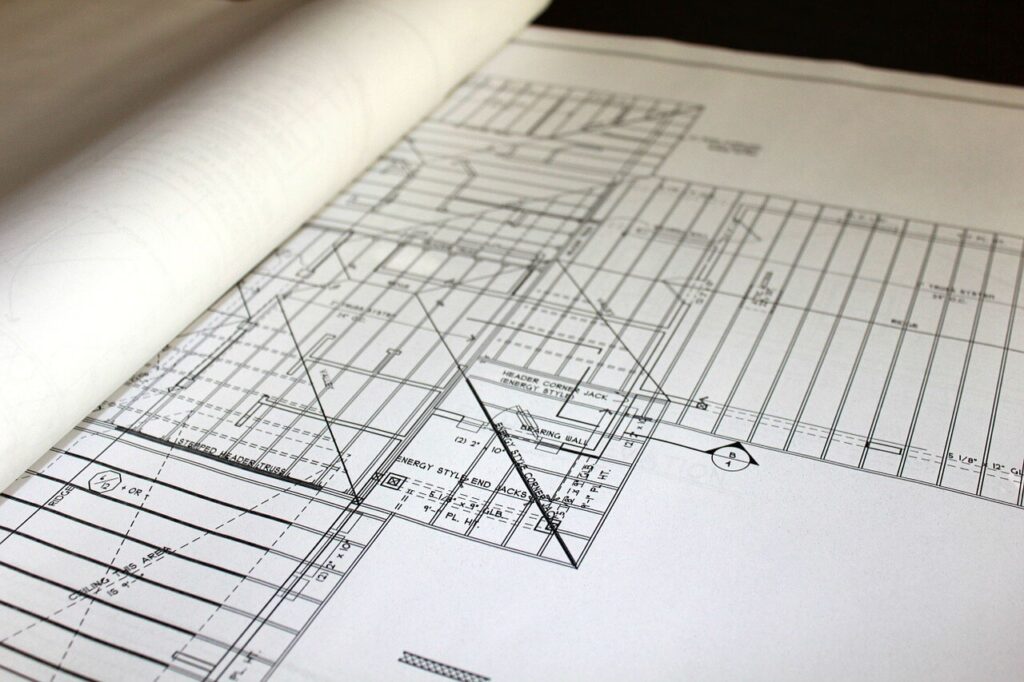Carrying the right insurance for contractors is just as important as having the right drill bit: it can keep you in business for years to come.
Construction projects are, by their very nature, filled with risk: heavy tools, sharp objects, demolition…need we say more? So when your customers trust you with their homes or businesses, it’s vital to earn and keep their trust; you can do this best by providing top-notch work and protecting them (and yourself) from that risk.
How can you do that? It’s all about having the right insurance policy.
In this article we’ll talk about the different types of insurance for contractors and how to use your coverage to increase your clients’ trust.
Types of Insurance for Contractors
When you remodel a home or build an addition, you wear a lot of different (hard) hats: plumbing, electric, drywall…in short, you put the “general” in “general contractor.”
Building the perfect level of commercial insurance coverage is the same way. There are a lot of different types of policies, and each of them covers something specific. Put them all together and you’ve got a comprehensive contractor policy that puts your customers’ minds—and yours—at ease.
General Liability Insurance
General liability insurance is a must-have for any business. It covers:
- bodily injury to your customers,
- damage to your clients’ property, and
- your legal defense (including settlements) if you are sued.
You can purchase contractor liability insurance either on its own or as part of a Business Owner’s Policy, depending on your needs. This is the most basic level of business insurance for any owner, and not something you should ever skimp on.
Property Insurance
Even if you don’t have a brick and mortar location for your contracting or construction business, you still have property.
That’s right, all those tools and equipment that you use to complete your beautiful remodels are subject to the same level of damage and theft that your clients’ homes are. And because those tools are necessary for you to do your job (and get paid), it’s even more important that you carry some level of coverage for them.
Subcontractor Insurance
There is a world of difference between contractors and subcontractors—both in work scope and in insurance needs.
If you ever subcontract any work out to a tradesman to supplement your work on a job, you should consider getting some level of subcontractor insurance.
Many general liability policies don’t cover work done by a subcontractor, and if that subcontractor doesn’t carry insurance, you’ll be on the hook for any damages or injury they cause.
Of course, the best practice is to verify that your subcontractors have insurance before hiring them, but carrying your own subcontractor insurance will cover any gaps left by a shoddy policy (or a shady subcontractor).
Worker’s Comp
You wear a hard hat and steel-toed boots for a reason: construction is a dangerous business.
To protect your employees and subcontractors from the risks of the job, you need worker’s compensation insurance. (Not to mention the fact that Florida law requires those in the construction industry to have worker’s comp coverage if they have just one employee.)
Without worker’s comp, an injured (and litigious) employee or subcontractor could end up bankrupting your business.
Contractor’s Professional Liability Insurance
Also known as Errors & Omissions coverage, a professional liability policy covers any faults, errors, or mistakes in your work.
Your general liability policy will cover any damages related to other areas of the property—a dropped hammer scratches a client’s wood floor, for example—but it typically doesn’t cover the job itself.
So if you or one of your employees pours a crooked foundation, professional liability coverage can step in to cover the costs of redoing the job.
Builder’s Risk Insurance
Builder’s risk insurance can be a great option for protecting your tools and your handiwork when building a structure from the ground-up, whether that’s an addition or an entire house. While this can sometimes be a policy that the homeowner will carry, you might decide to offer it as a general contractor on the job.
A builder’s risk policy covers structures while they are being built and protects them from fire, weather, vandalism, and other external acts that might put your project at risk.
Use Insurance to Put Your Clients at Ease
You market your expertise, your professionalism, and your prices, but your insurance?
As it turns out, most consumers can be quite nervous when it comes to hiring a general contractor, so any efforts you make towards settling those fears go a long way.
Of course, you advertise on your website or marketing materials that you are “licensed and insured,” but there are a few additional steps you can make to put your clients at ease regarding your level of coverage.
Show the Certificate of Insurance
An informed client might know to ask for a certificate of insurance, but most don’t think of it. If you can be proactive at offering this right off the bat, you’ll be seen as more trustworthy.
While you’re at it, encourage the client to contact the insurance company and verify your coverage with them directly. Some shady contractors and construction companies have been known to carefully “edit” a photocopy of the certificate of insurance with a false date.
Add Your Client To the Policy
For a minimal cost, you can update your current policy to include your client.
Why?
This goes above and beyond the usual promise that you are insured and proves to your client that your insurance policy is active. Because they are included on the policy, your customers will also have the peace of mind of knowing that they will be notified in the event your coverage lapses or changes, since they will be notified of any changes in writing by the insurance company.
Have them removed from the policy once the project has been completed to their satisfaction and you have been fully paid for your work.
Discuss Work Safety With Your Client
The best way to avoid insurance claims is to prevent damage, injury, and loss in the first place.
Before you start a project, discuss with your client any potential hazards. Animals, children, and decorative items can all contribute risk to a construction job. Now is the time to request that dogs be put away, kids be sent to a babysitter’s, and valuable items be put in storage (or another room) while construction goes on.
Conclusion
Insurance is necessary for all individuals and businesses, but the risky nature of construction makes it even more vital for contractors.
Take the time to speak with an independent insurance agent about the right level of coverage for your business. (Doing business without the right type of insurance is like framing a house without a hammer. It’s not gonna happen.)
And, whenever possible, bring your customer into the “insurance loop,” so to speak. Adding them to the policy, showing them your Certificate of Insurance, and discussing safety procedures will ensure that you have mutual trust and the job goes smoothly.
It might seem like all of this coverage is ‘over the top’ but we assure you, it isn’t. If your customers feel safe, they are likely to spread the word and use your contracting skills in the future. More customers = more money = better business. Call today so we can build the policy that is unique to you and your business.









